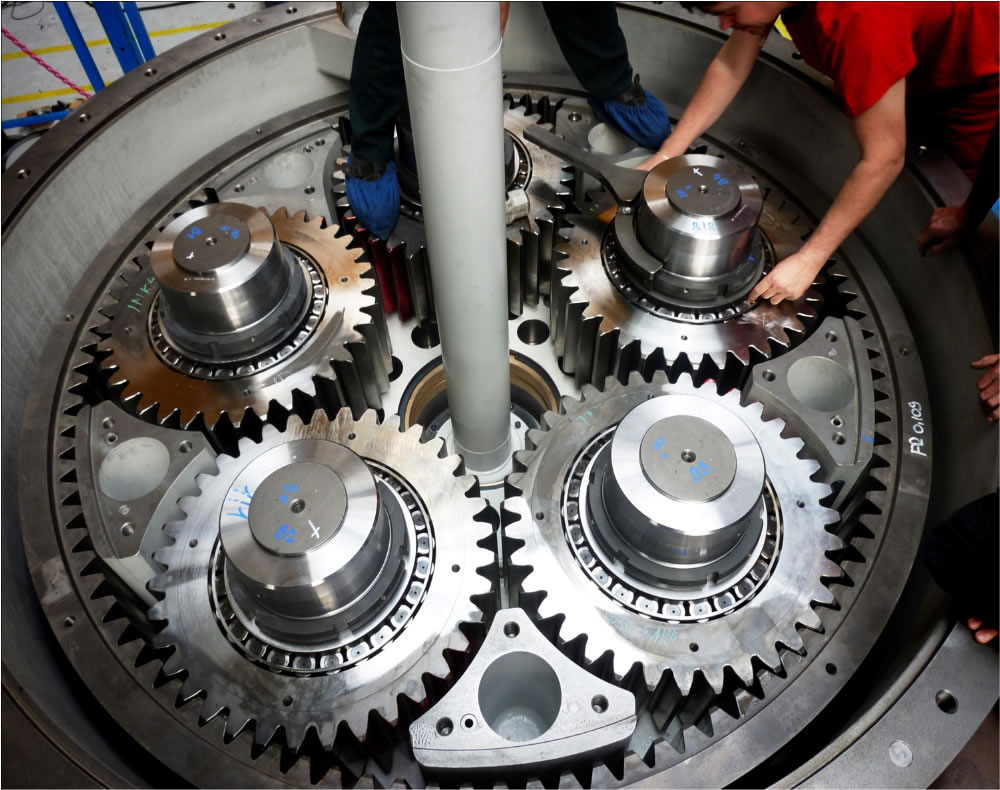Another common manufacturing process employs two headsets per drive axle. This type of ratio, called “double-axle,” requires that each axle, instead of two, transmit power in the same direction. The ratio between these gearsets is commonly referred to as “treadwear ratio.” A manufacturer may adopt any one of several designs for the double-axle ratio, but a number of manufacturers have adopted the “one gear set-up” as the most common.
Gears, like any other characteristic of a machine, are affected by two main forces: driving force and friction. Gears provide driving force to the machinery; they also reduce friction, so that the device may be driven effectively. The number of teeth on a gear refers to the amount of driving force per unit of friction. Gears provide mechanical advantage because the number of teeth increases as output speed decreases. For example, two headsets with ten teeth each will increase output speed if the vehicle is driven at 100 miles per hour; three gearsets with eleven teeth will increase output speed if the vehicle is driven at sixty miles per hour.
One important fact about gears is that they consist of teeth and not shafts, like sprockets. Gears have helical teeth that spin, while shafts have straight shafts. Helical gears tend to rotate more easily than shafts. Therefore, helical gears have more torque than shafts. Gears have variable torque as the teeth rotate. When a gear has a variable torque value, this means that the gear can be turned more easily, depending on the torque of the puller.
Gear boxes utilize helical gears and their variable torque to turn the sprockets. They employ non-circular gears that have a cross-shaped outline. The gears are arranged so that their centerlines coincide, providing the necessary torque to move the sprockets. Gear boxes also have terminals that are incorporated into the sprocket. The terminals allow for gears to be locked into a fixed position or disengaged, depending on the output speed of the driving system.





